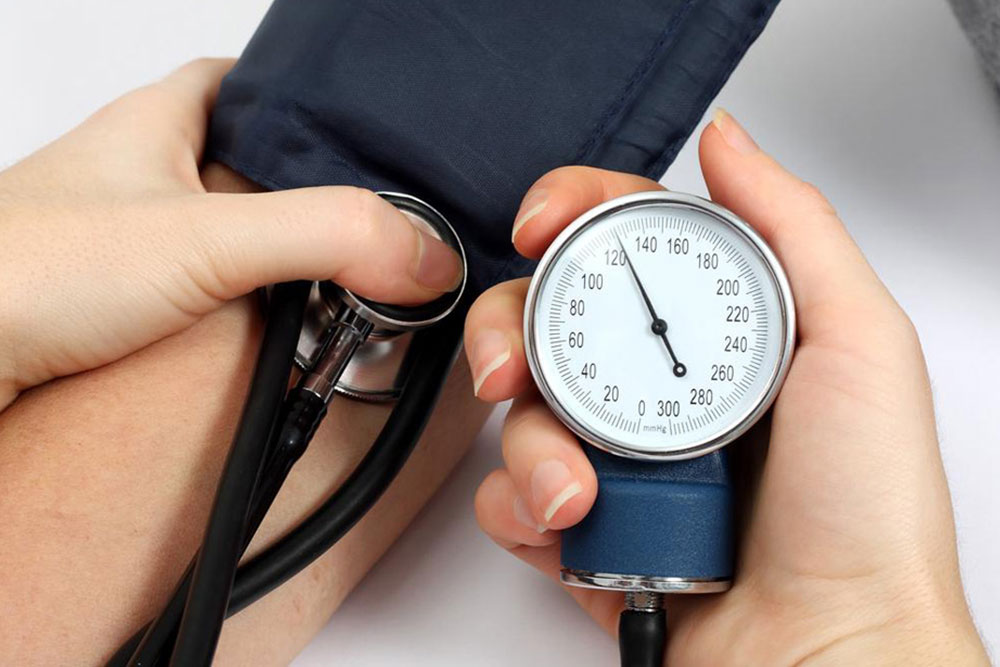Understanding the Signs of an Enlarged Heart
This article explains the key signs of an enlarged heart, including symptoms, causes, and risk factors. It emphasizes early detection for better management of the condition and highlights that an enlarged heart often signifies underlying health issues like high blood pressure or heart disease. Recognizing symptoms such as shortness of breath, swelling, and irregular heartbeat can prompt timely medical consultation. Understanding these signs is crucial for preventing severe complications such as heart failure or organ rupture. Regular check-ups and lifestyle modifications are recommended for maintaining heart health.

Identifying Symptoms of an Enlarged Heart
Signs indicating an enlarged heart
An enlarged heart, or cardiomegaly, can signal serious underlying health issues. It is commonly linked to high blood pressure or coronary artery disease.
This condition impairs the heart’s ability to pump blood efficiently, increasing risks of heart failure and potentially leading to heart stoppage. Early detection can improve management, although many affected individuals require lifelong medication and monitoring to control symptoms.
Typically, an enlarged heart results from the organ responding to muscle damage. While early on it may still pump normally, symptoms worsen as the condition advances, reducing pumping efficiency.
One common form is Dilated Cardiomyopathy, where the heart’s ventricles stretch and thin, risking rupture under pressure due to weakened muscles.
Another form, Hypertrophic Cardiomyopathy, involves abnormal thickening of the heart muscle, which can be inherited.
Overall, an enlarged heart often maintains its pumping ability, but without intervention, deterioration may occur.
Excessive lifestyle choices that cause artery blockages are primary causes, leading to chronic heart conditions. Additional factors include:
Though causes are varied, multiple factors often contribute simultaneously to an enlarged heart.
High blood pressure from artery blockages caused by cholesterol buildup, leading to heart muscle enlargement. Lifestyle choices like unhealthy eating contribute.
Previous heart attacks increase the likelihood of cardiomegaly.
Past infections damaging the heart may cause irregular blood pumping and arrhythmias.
Recognizing Symptoms of an Enlarged Heart
Often, symptoms are subtle initially. They become prominent when complications like heart failure occur. Typical signs include:
Breathlessness during exertion or lying down
Swelling in legs or arms, especially on the left side
Irregular heartbeat or arrhythmia
Chest discomfort, possibly radiating to back, neck, or jaw
Some may experience no symptoms until the condition worsens.
Remember, an enlarged heart is often a symptom rather than a primary disease. It signals an underlying issue that needs medical evaluation. Consulting a healthcare professional is crucial for accurate diagnosis and appropriate treatment, as the symptoms can resemble those of other heart conditions.










